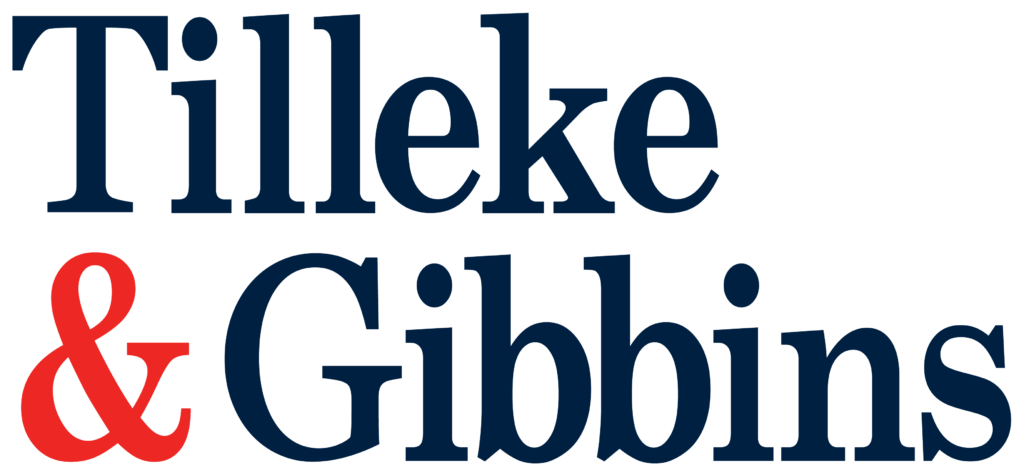Extended producer responsibility (“EPR”), a strategy whereby producers are held accountable for the environmental impact of their products throughout their entire life cycle, including disposal and recycling, has become more and more familiar to manufacturers in Vietnam. According to the director of the legal department of the Ministry of Environment and Natural Resources, EPR is an alternative financial solution for managing waste and increasing recycling without raising environmental protection taxes and fees, which may help Vietnam to maintain a closed loop of resources in manufacturing.
New EPR Regulations Applicable to Producers and Importers
In 2020 and 2022, the new Law on Environmental Protection 2020 and its guiding Decree No. 08/2022/ND-CP were promulgated, introducing a legal framework for EPR (“New EPR Regulations”) imposed on not only producers but also importers. Under the New EPR Regulations, producers and importers of certain types of products and packaging are responsible to collect and treat waste and recycle their products and packaging. The responsibility to collect and treat waste took effect on January 10, 2022, while there are different timelines being phased in from 2024 to 2027 for the recycling of products and packaging, depending on the type.
For the purpose of compliance with the recycling requirement under the New EPR Regulations, the producers and importers can implement the recycling obligation by themselves, or engage a third party to recycle or organize the recycling, or make a financial contribution to the Vietnam Environment Protection Fund to support the recycling process. This will cause an increase in cost and, hence, an impact on prices of certain products in the near future.
Exceptions to the recycling obligation include:
- Producers and importers of products and packaging for (i) export or temporary import for re-export or (ii) manufacture or import for research, study, or testing purposes.
- Packaging producers having revenue from sales and services of less than VND 30 billion (approx. USD 1.23 million) in the previous year.
- Packaging importers having a total import value (calculated by customs value) of less than VND 20 billion (approx. USD 820,000) in the previous year.
List of Regulated Products
The New EPR Regulations provide a list of products and packaging for which producers and importers must comply with the recycling obligations, including their recycling percentage for the first three years and the compulsory recycling modes.
The products and packaging subject to the New EPR Regulations include:
- Consumer packaging for certain products including food, cosmetics, medicines, fertilizers, animal feed, veterinary drugs, detergents and preparations for household, agricultural, and medical use, and cement (per the interpretation of the government on its news website, the obligations fall on the producers or importers of the products using the packaging, and not the producers of the packaging);
- Batteries, lubricating oil for engines, and tires;
- Electrical and electronic products (e.g., air conditioners, laptops, TVs); and
- Transport vehicles (e.g., motorbikes, cars used to transport people and goods).
Outlook
Producers and importers of the aforementioned types of packaging and products should note the effective date of the recycling obligation and prepare to comply with the New EPR Regulations.
The recycling obligations under the New EPR Regulations are expected to be a matter which will be factored into the price of M&A transactions. In addition, the New EPR Regulations would make recycling projects one of the more attractive targets for M&A transactions in the near future.

For further information, please contact:
Tram Ngoc Bich Nguyen, Partner, Tilleke & Gibbins
tram.n@tilleke.com





